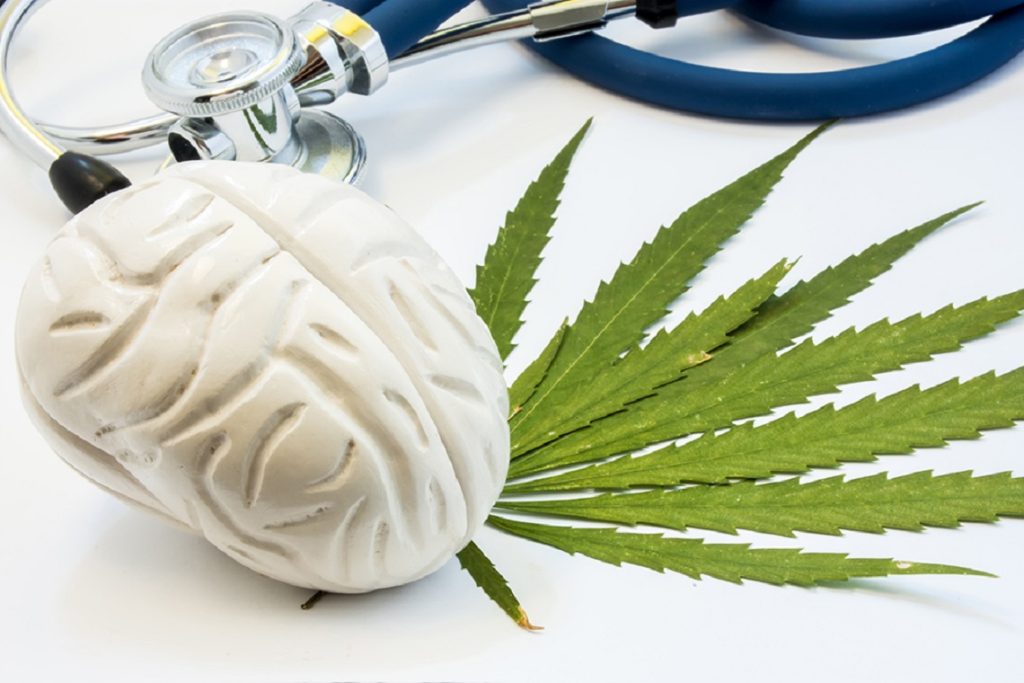
THC and cannabidiol each act to prevent damage to the brain
A stroke is severe and can cause permanent neurological damage, complications, and death. Risk factors for stroke include old age, high blood pressure, previous stroke or transient ischemic attack (TIA), diabetes, high cholesterol, cigarette smoking, and arterial fibrillation. Extracts from cannabis plants could have some efficacy in preventing brain damage after stroke, according to a team led by the British-born biologist Aidan Hampson at the U.S. National Institute for Mental Health in Maryland. They discovered that THC and cannabidiol each act to prevent damage to brain tissue under laboratory conditions. Rats that were given cannabis decreased the size of their stroke by 50% and their brain injury was lessened by as much as 50%.
Tourette’s Syndrome. THC helps to cope with the symptoms
This is a neurological disorder characterized by repetitive involuntary movements and vocalizations. In extreme cases, this condition causes the patient to move their limbs, shout, use inappropriate language and, in many cases, spit at people. It is very distressing for both sufferers and their families. There have been several studies investigating the therapeutic benefit of cannabinoids in treating tics associated with Tourette’s. One of these studies (Muller-Vahl et al, 1998) found that when interviewed, 17 of 64 patients with tics admitted using cannabis, and 14 of these said that it reduced tics, premonitory urges, and obsessive-compulsive disorders (OCD).
Another study reported a case report of a 25-year-old man with tics, ADHD, OCD, and self-injurious behavior, who found that using tetrahydrocannabinol (THC) helped with many of these symptoms (Muller-Vahl et al, 1999). A single dose of THC was shown to reduce his tic score on the YGTSS from 41 to 7, two hours after treatment. The patient also reported reduced premonitory urges and neuropsychological testing indicated improvements in signal detection and sustained attention. Medical cannabis has been shown to reduce the compulsion of patients to behave in socially unacceptable or inappropriate ways and control involuntary limb movement.